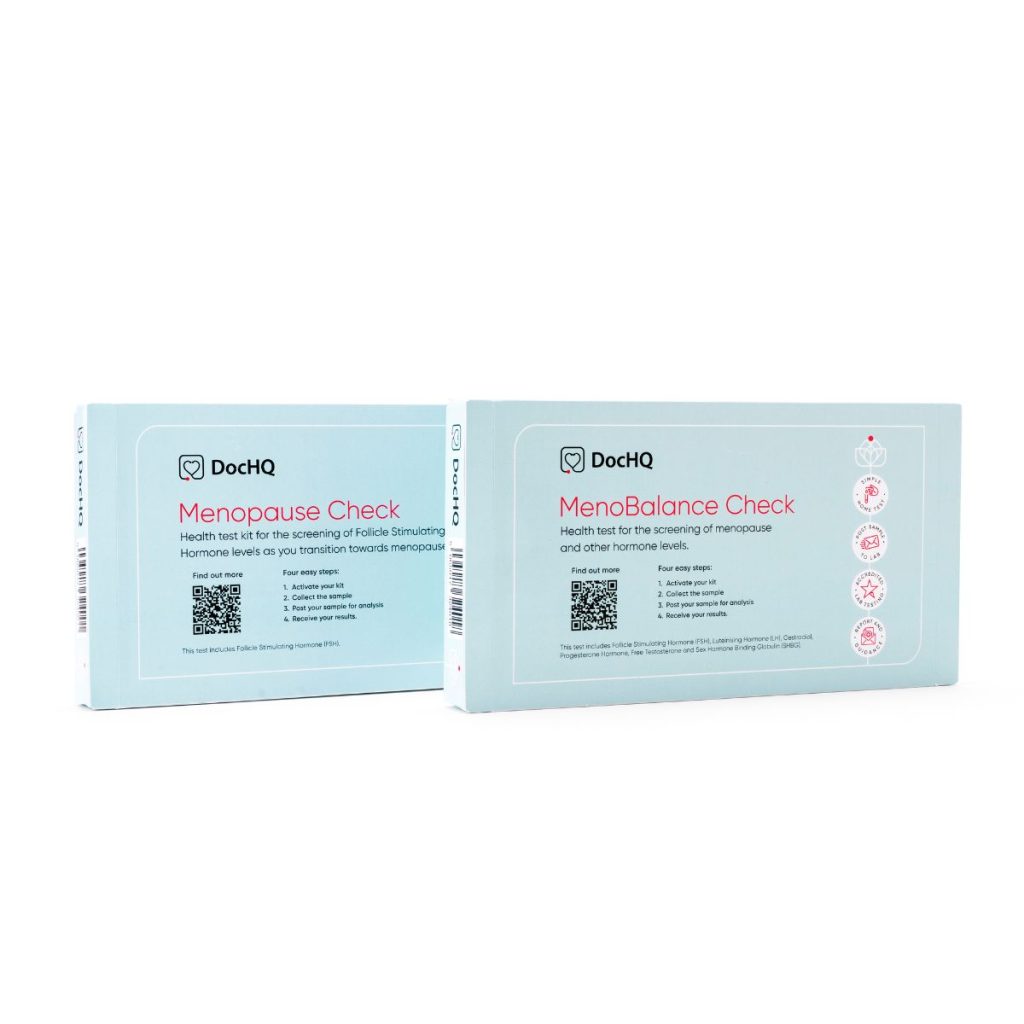Perimenopause is the transition phase to menopause, which typically begins in a woman’s 40s. It can last anywhere from a few years to a decade. During perimenopause, the ovaries begin to produce less estrogen, a hormone that plays a role in regulating many bodily functions, including the menstrual cycle.
Here are some of the first signs of perimenopause:
- Irregular menstrual cycles: Your periods may become longer or shorter, heavier or lighter, or more or less frequent.
- Hot flashes: Hot flashes are sudden feelings of warmth in the face and upper body, often accompanied by sweating and a rapid heartbeat.
- Night sweats: Night sweats are hot flashes that occur at night, often waking you up.
- Mood swings: Perimenopause can cause mood swings, irritability, and depression.
- Vaginal dryness: Perimenopause can cause the vagina to become drier and less elastic, which can make sex painful.
- Trouble sleeping: Perimenopause can cause insomnia and other sleep problems.
Other signs of perimenopause may include
- Headaches
- Joint pain
- Weight gain
- Thinning hair
- Dry skin
- Difficulty concentrating
- Decreased libido
Read More: Menopause Made Clear: Exploring Stages and Common Symptoms
What age does perimenopause start?
Perimenopause typically begins in a woman’s 40s, but it can start as early as her 30s or as late as her 50s. The average age for perimenopause in the UK is 47.5 years old.
On average, women experience perimenopausal symptoms for approximately four years prior to the halt of their menstrual periods. Although, for certain individuals, this phase may be significantly shorter or longer.
How do I know I am perimenopausal?
A great way to know if you are perimenopausal is to see a doctor or take a blood test. Some blood tests, like the DocHQ Menopause Check, can be done at home.
How can the MenoBalance and Menopause Health Check help someone in perimenopause?
The MenoBalance and Menopause Health Check are both home test kits that can help you understand your symptoms and manage your perimenopause.

The MenoBalance Check measures a panel of hormones, including estrogen, progesterone, and testosterone. This information can help you to understand your hormonal balance and how it may be affecting your symptoms.
The Menopause Health Check screens your FSH levels, which rise as you near menopause. It gives a simple snapshot of your menopause status and guidance on what to do next.
Both of these tests are easy to use and provide accurate results. You can simply collect a blood sample and send it to our certified laboratory. You will receive your results within days, along with a detailed GP-verified report and advice.
If you are experiencing any of the signs of perimenopause, talk to your doctor or order a MenoBalance or Menopause Health Check to learn more about your symptoms and manage your perimenopause.



